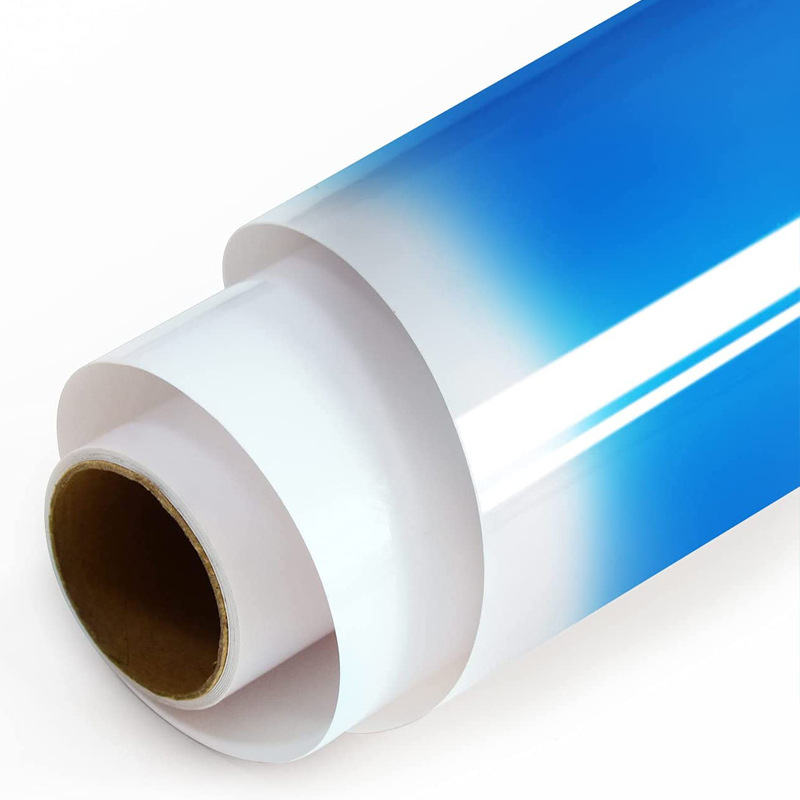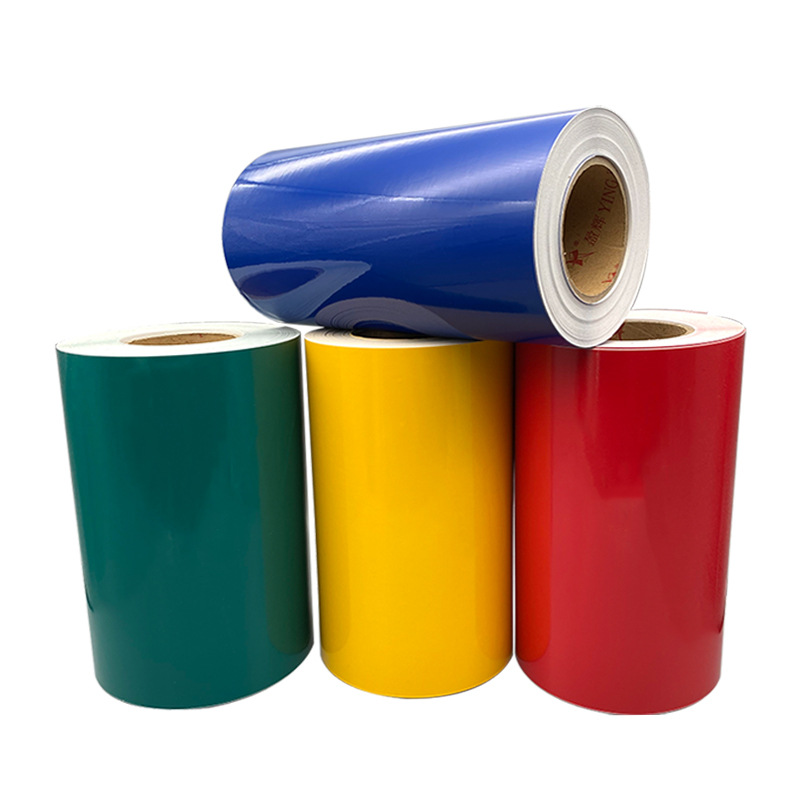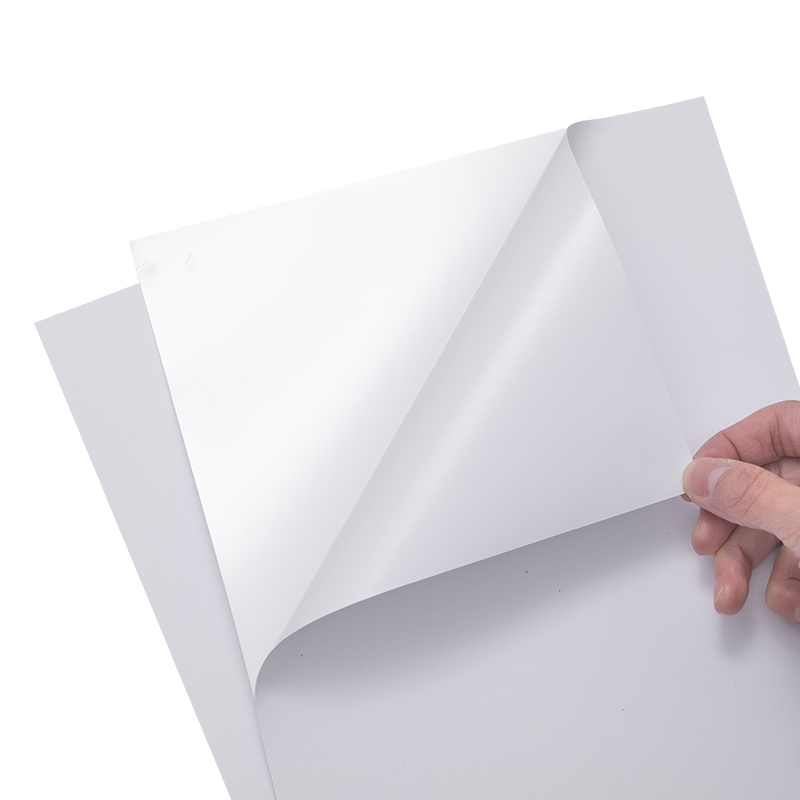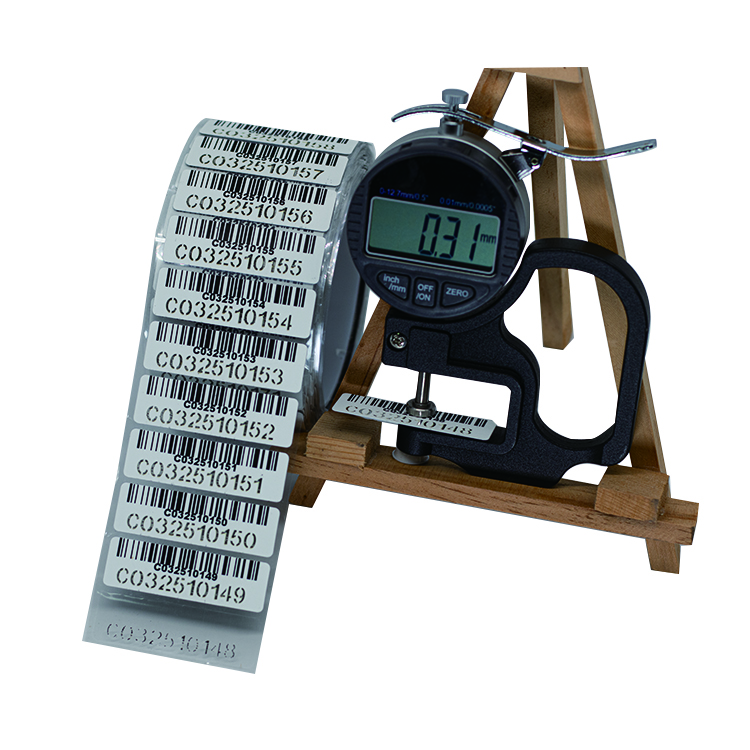What are the ingredients of the water color changing label?
The components of the water color changing label mainly include special ink materials, which incorporate chemical substances that change color when exposed to water. Specifically, these chemicals remain stable in a dry state, but when they come into contact with water, they trigger a chemical reaction that causes a color change. This kind of change is usually irreversible and the color change is obvious, making it easy to observe.
However, it should be noted that it is difficult to provide a universal ingredient list as the specific formula and ingredients of the water discoloration label may vary depending on the manufacturer and product. These ink materials are usually carefully designed and tested to ensure their safety, stability, and color changing effect.
During the manufacturing process, these inks will combine with other auxiliary materials such as adhesives, substrates, etc. to form a complete water color changing label. The selection and use of these materials comply with national laws and regulations on environmental protection and safety requirements to ensure the quality and safety of the products.
How to choose adhesive label paper with good temperature resistance?
1. Determine the temperature resistance range: Conventional high temperature (70-100 ℃): PET or matte silver label paper. Extreme high temperature (100-320 ℃): Special high-temperature resistant label paper.
2. Material selection: PI (polyimide) material is suitable for high temperature environments and does not change color under long-term high temperature.
3. Performance evaluation: Pay attention to anti fouling and anti scratch performance to ensure clear information. Choose environmentally friendly materials that are non-toxic and odorless. Assess electrical insulation and chemical resistance as needed.
4. Consider sticking the surface: Choose label paper and adhesive based on the material (such as glass, metal, plastic). Consider the shape (flat or curved) and cleanliness, and choose adhesive with strong adhesion or viscosity.
5. Comprehensive evaluation: Consider temperature resistance range, material, performance, adhesive surface, environment, testing performance, storage time, and supplier. Carefully evaluate and test, select the most suitable label paper.

Is synthetic paper adhesive resistant to high temperatures?
Synthetic paper adhesive has good high temperature resistance.
Synthetic paper adhesive is a new type of plastic material product, and its temperature resistance range mainly depends on the composition and thickness of the material. Generally speaking, the temperature resistance range of synthetic paper is between -70 ℃ and 230 ℃. This range enables synthetic paper adhesive labels to maintain their stability and clarity in high temperature environments, thus it has been applied in some high-temperature processing and production processes.
In addition, synthetic paper stickers also have various other excellent characteristics, such as light weight, high strength, tear resistance, perforation resistance, wear resistance, folding resistance, moisture resistance, insect resistance, etc. These characteristics have made synthetic paper stickers widely used in fields such as food packaging and pharmaceutical packaging.
In summary, synthetic paper stickers do have good high-temperature resistance and can meet most application needs. When using synthetic paper in high-temperature environments, it is important to avoid contact with metals, keep it dry, avoid excessive stretching, and take protective measures.

Is the UV color changing label reversible?
There are two situations regarding whether the color change of ultraviolet color changing labels is reversible:
Irreversible color change: Many UV color changing labels use coating materials with irreversible color changes.. After this material undergoes a color change under ultraviolet irradiation, even if the ultraviolet disappears, the color cannot be restored to its original state. This type of label is typically used in scenarios that require one-time confirmation of UV exposure, such as UV labels for UV management
Reversible discoloration: Although irreversible discoloration is more common, some UV color changing labels also use reversible discoloration materials. These materials undergo color changes under UV irradiation, and when the UV disappears, the color can be restored. This reversible change is usually based on the principle of photochromism, but it should be noted that not all ultraviolet color changing labels have this characteristic
We offer comprehensive technical support, including free professional labeling solutions, advice on label materials and adhesive selection, as well as online/offline assistance from professional software and hardware engineers. Service email: andy@ownlikes.cn. In pre-sales, we leverage our extensive experience in specialty labeling projects to provide clients with the most suitable hardware solutions. Additionally, all our label barcode printers and scanners come with a three-year free warranty, demonstrating our confidence in our products.






This site is protected by reCAPTCHA and the Google Privacy Policy and Terms of Service apply.